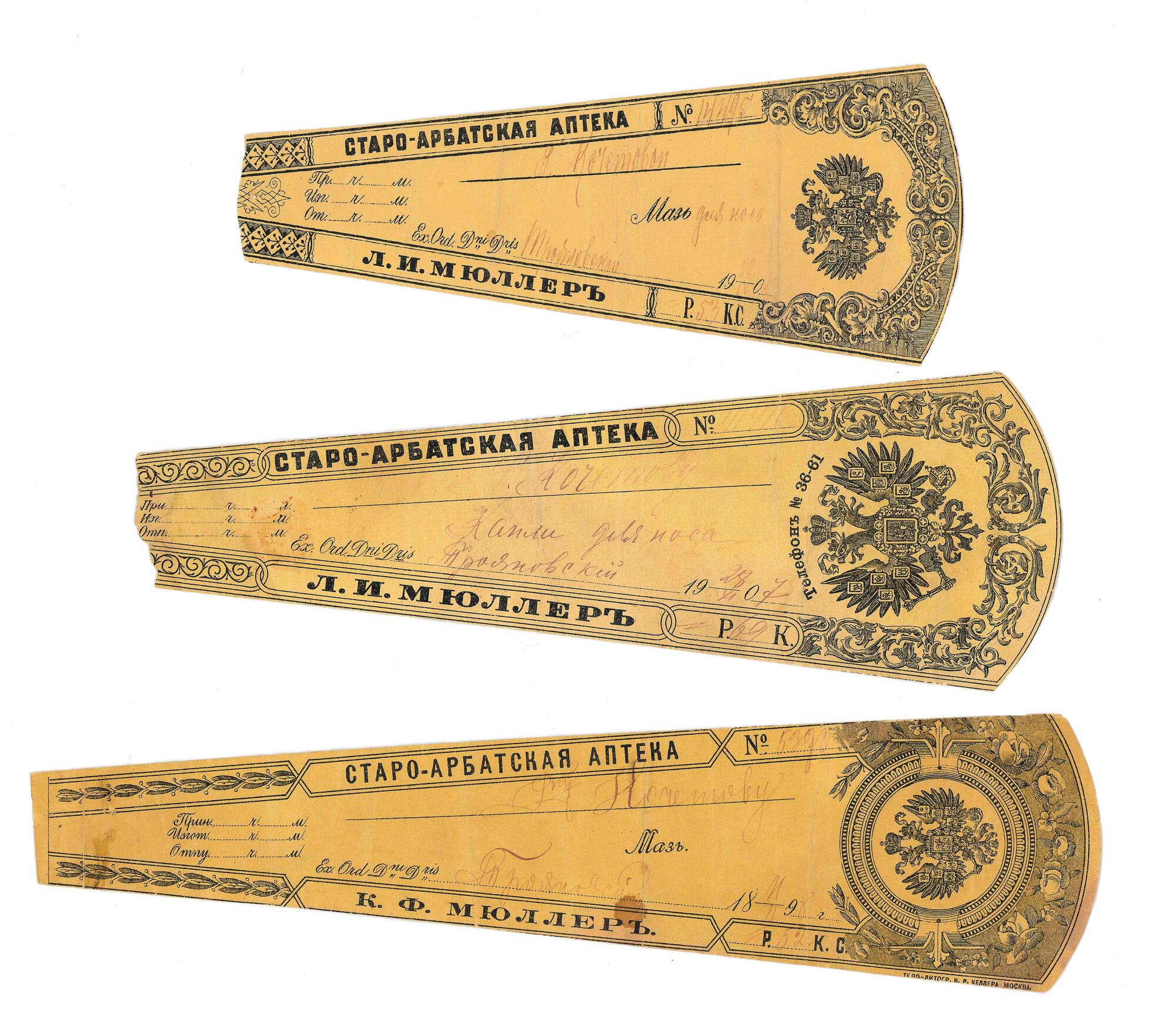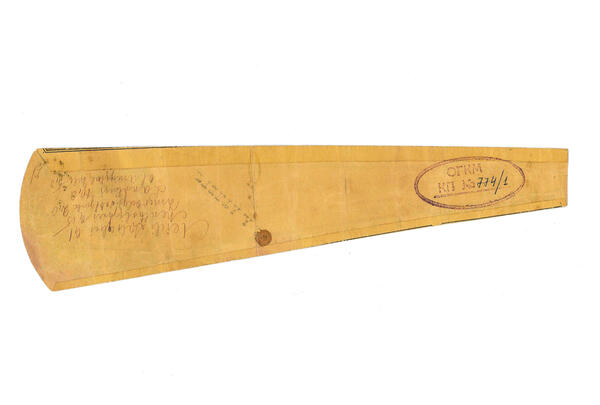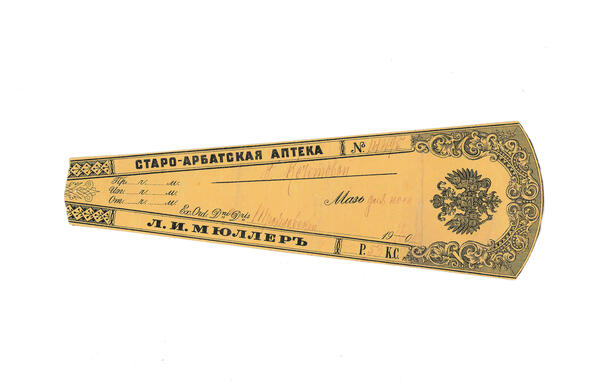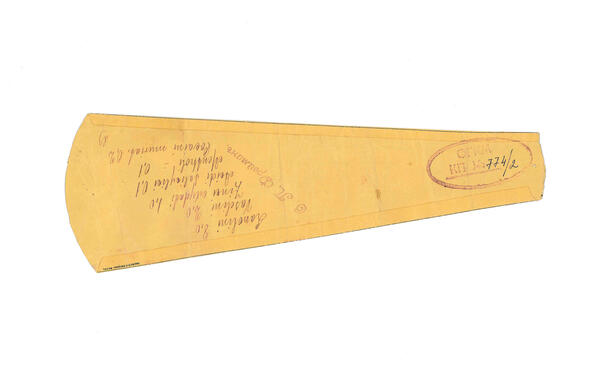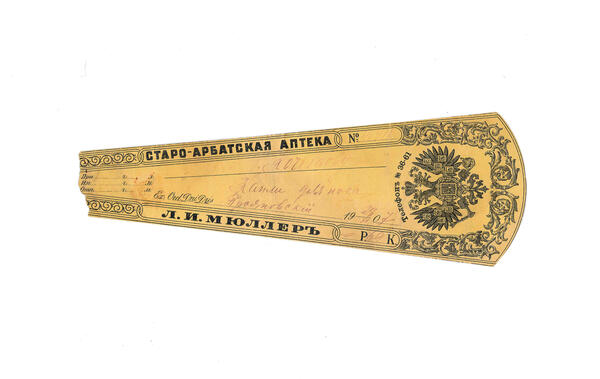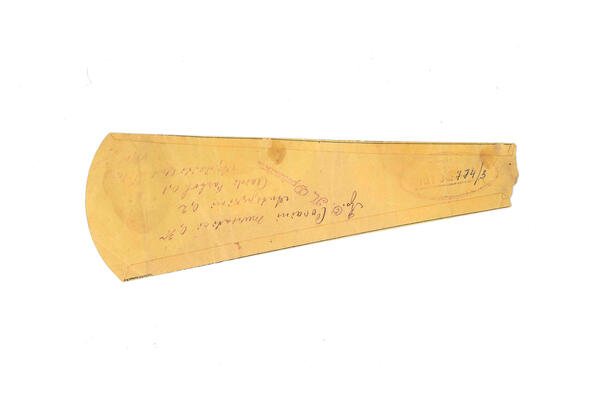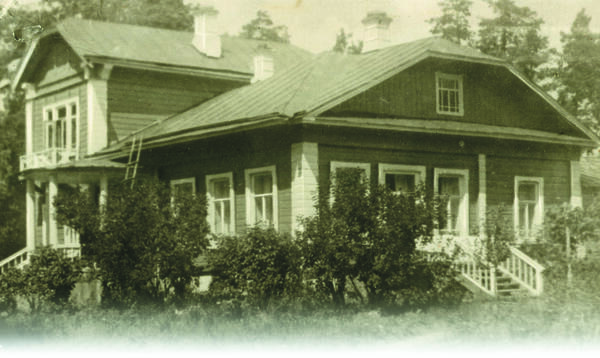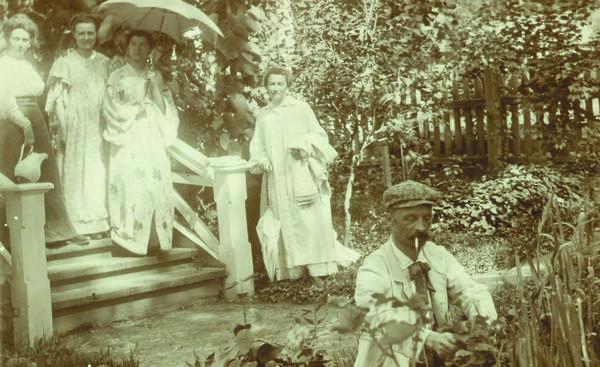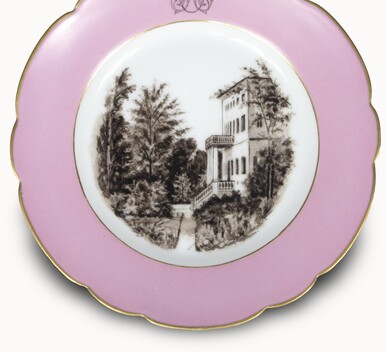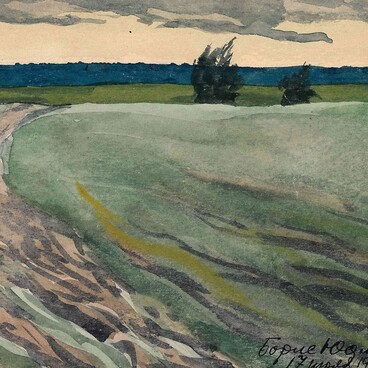Ivan Ivanovich Troyanovsky was well known among Moscow intelligentsia as a doctor, a collector of paintings, a keen gardener and a public figure. Troyanovsky owned the Bugry estate in what is now Obninsk, where he and his wife Anna Obninskaya spent the summer months. As a young man he studied to be an opera singer, but chose the Medical Faculty of Moscow University. Troyanovsky retained his love of the arts throughout his life, becoming a connoisseur and patron of artists and musicians.
Ivan Troyanovsky treated ordinary workers, poor peasants and the artistic elite of Moscow with equal attention. He was a doctor at the Yauza Hospital for workers, as well as at the horse-drawn railway and the tram depot. Anton Chekhov, Sergey Rachmaninoff, Vasily Polenov and Nikolai Medtner were among his famous patients. The doctor specialized in heart diseases, for which he treated the artist Isaac Levitan. The painter often visited the Troyanovskys and painted his studies “The Village. Dusk” and “The Big Road. A Sunny Day” in Bugry. Three years later Isaac Levitan died in the arms of Dr. Troyanovsky at the age of 39.
Ivan Troyanovsky was also a friend and doctor of another painter with a severe heart condition, Valentin Serov. The artist came to visit the Troyanovskys at Bugry more than once and worked there on illustrations for Krylov’s fables. He gave one of his drawings for the fable “The Wolf and the Crane” to Ivan Ivanovich.
Dr. Troyanovsky was also friends with Feodor Chaliapin. The singer would come to Bugry in the company of artists and actors, and Ivan Ivanovich treated Chaliapin’s children. For many years Ivan Troyanovsky enjoyed his friendship with the poet Valery Bryusov as well.
Dr. Troyanovsky’s social circle and his love of art gave rise to his collection of Russian paintings, mainly in the Art Nouveau style. At the beginning of the 20th century, Ivan Ivanovich had over two hundred paintings, including works by Ilya Repin, Mikhail Vrubel and Konstantin Korovin. During the revolution of 1917, Troyanovsky donated his collection to the Tretyakov Gallery for safekeeping, and before his death he bequeathed part of his paintings to the Russian Museum.
The Museum of the History of Obninsk houses the prescriptions that Dr. Troyanovsky wrote out to the composer and conductor Nikolay Kochetov.
Ivan Troyanovsky treated ordinary workers, poor peasants and the artistic elite of Moscow with equal attention. He was a doctor at the Yauza Hospital for workers, as well as at the horse-drawn railway and the tram depot. Anton Chekhov, Sergey Rachmaninoff, Vasily Polenov and Nikolai Medtner were among his famous patients. The doctor specialized in heart diseases, for which he treated the artist Isaac Levitan. The painter often visited the Troyanovskys and painted his studies “The Village. Dusk” and “The Big Road. A Sunny Day” in Bugry. Three years later Isaac Levitan died in the arms of Dr. Troyanovsky at the age of 39.
Ivan Troyanovsky was also a friend and doctor of another painter with a severe heart condition, Valentin Serov. The artist came to visit the Troyanovskys at Bugry more than once and worked there on illustrations for Krylov’s fables. He gave one of his drawings for the fable “The Wolf and the Crane” to Ivan Ivanovich.
Dr. Troyanovsky was also friends with Feodor Chaliapin. The singer would come to Bugry in the company of artists and actors, and Ivan Ivanovich treated Chaliapin’s children. For many years Ivan Troyanovsky enjoyed his friendship with the poet Valery Bryusov as well.
Dr. Troyanovsky’s social circle and his love of art gave rise to his collection of Russian paintings, mainly in the Art Nouveau style. At the beginning of the 20th century, Ivan Ivanovich had over two hundred paintings, including works by Ilya Repin, Mikhail Vrubel and Konstantin Korovin. During the revolution of 1917, Troyanovsky donated his collection to the Tretyakov Gallery for safekeeping, and before his death he bequeathed part of his paintings to the Russian Museum.
The Museum of the History of Obninsk houses the prescriptions that Dr. Troyanovsky wrote out to the composer and conductor Nikolay Kochetov.
